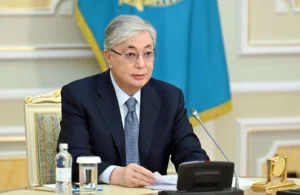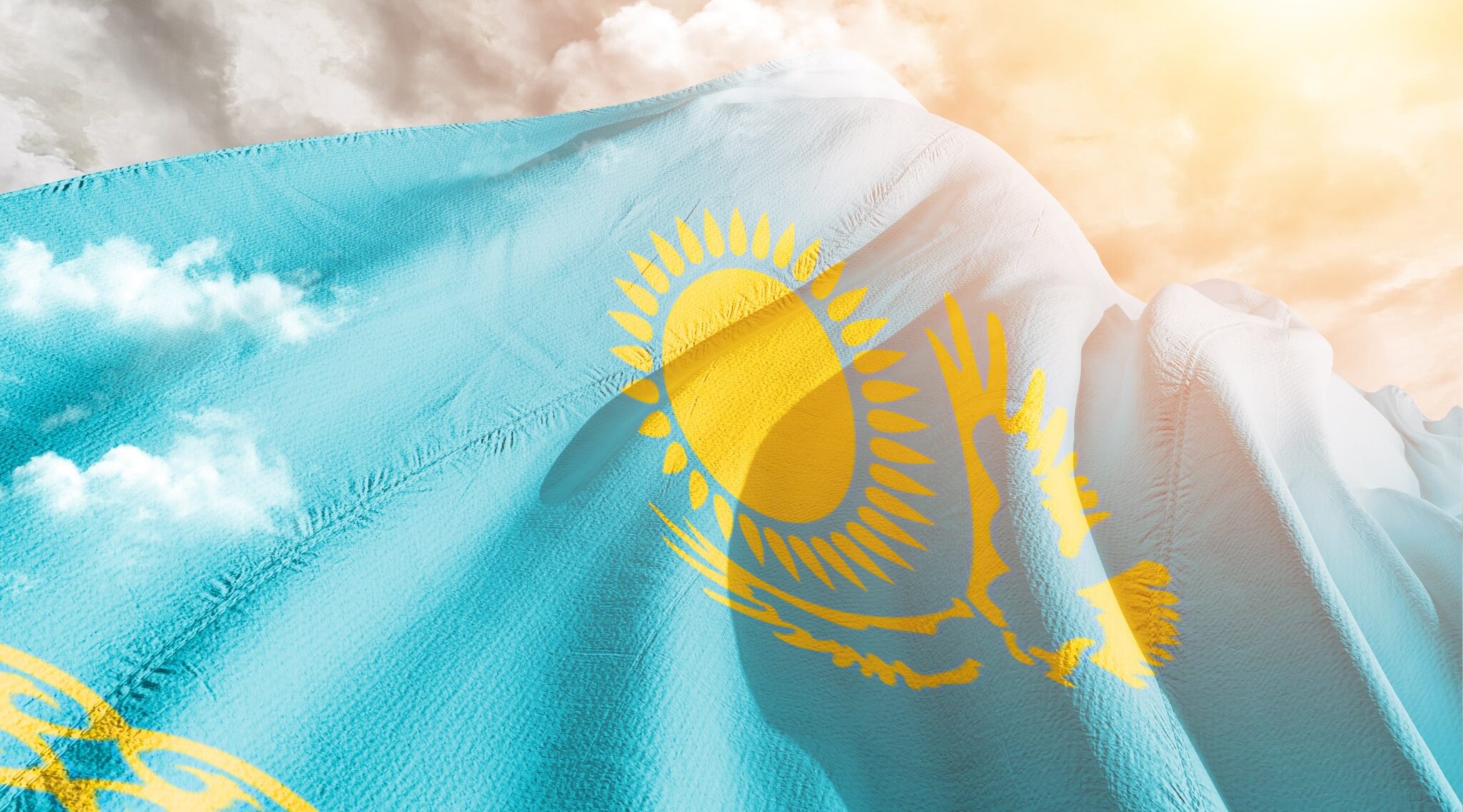ASTANA: Kazakhstan marks its 32nd Independence Day today ( Dec. 16).
The Declaration on the State Sovereignty of the Kazakh SSR (Soviet Socialist Republic) was adopted on Oct. 25, 1990, representing the country’s first step toward independence. The declaration became the legal basis for developing and adopting the constitutional law on the Independence of Kazakhstan in 1991.
The Supreme Council enacted the law on independence and state sovereignty, securing legal recognition as an independent democratic state on Dec. 16, 1991. The legislation empowered Kazakhstan to autonomously determine and pursue domestic and foreign policies, marking a pivotal moment in its modern history.
The declaration of independence signaled a new era for Kazakhstan, offering the opportunity to construct a self-governed state, foster economic and cultural growth, and assert an independent foreign policy. In the aftermath of independence, Kazakhstan established a parliament, implemented a judicial system, and formed armed forces, including the Republican Guard, border troops, and naval forces.
In June 1992, Kazakhstan solidified its state symbols by approving the national flag and coat of arms. The introduction of the national currency, the tenge, in 1993 further emphasized the country’s autonomy, becoming the sole legal tender within Kazakhstan.
The day also serves as a moment of remembrance of the tragic events that unfolded in Almaty in December 1986. During this period, Kazakh youth protested against Soviet policies, showcasing the people’s determination for independence. The day is a reminder of the country’s high goal – to evolve into a robust, prosperous, sovereign state. The celebration holds particular importance as a tribute to those who championed Kazakhstan’s sovereignty and the freedom of its people.
Türkiye was the first country to recognize Kazakhstan’s independence shortly after the declaration. Russia, Iran, Switzerland, the United States, Brazil, Hungary, Australia, Japan, and other countries followed in this acknowledgment. 
Over the years, Kazakhstan has made significant strides in implementing democratic principles and safeguarding human rights, positioning itself as a regional leader in these reforms.
The country has undergone an impressive transformation, earning respect globally. The country’s multi-vector foreign policy, a balancing act of diplomacy, showcases its efforts to maintain amicable relations with major global powers – Russia, China, the European Union, and the United States and foster strong collaborations with influential international organizations.
A landmark initiative was Kazakhstan’s voluntary renunciation of nuclear weapons, designating itself as a nuclear-free nation. Kazakhstan has spearheaded the global anti-nuclear movement, symbolized by the closure of the Semipalatinsk test site, where over 450 tests occurred in 40 years. This closure marked the inception of international efforts toward a nuclear-free world.


